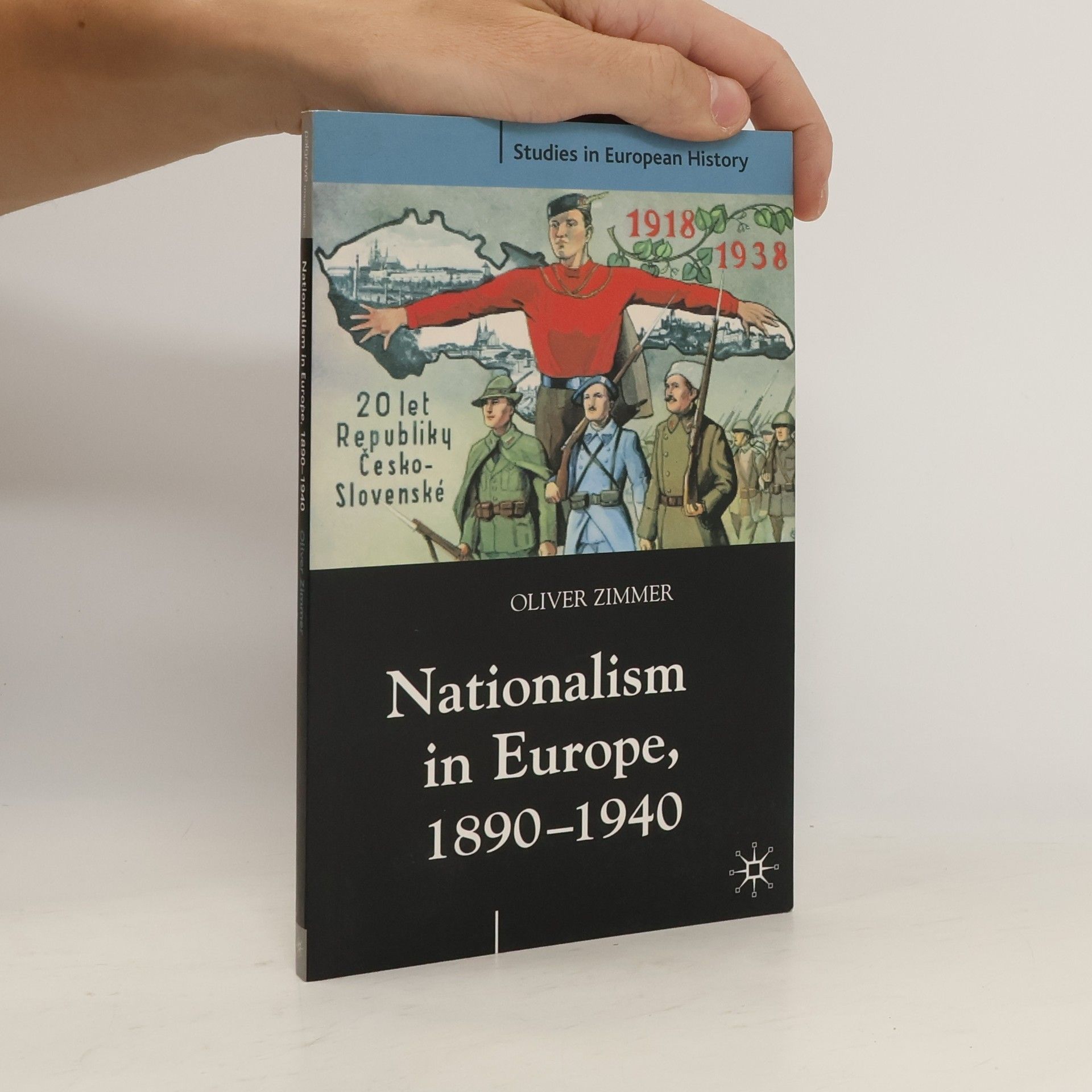Die Reformatoren antworteten auf den Bauernkrieg und die Täuferbewegung, indem sie den Primat der Heiligen Schrift (sola scriptura) an ein herrschaftliches Prinzip zurückbanden. Als die Ernennung der Bibel zur alleinigen Richtschnur die gegebene Ordnung zu sprengen drohte, wurde ihre Auslegung erneut einem Milieu professioneller Prediger unterstellt. Diese post-reformatorische Kultur der religiösen Wissensvermittlung stellt jedoch etwas genuin Neues dar. Im Gegensatz zu ihrer Vorgängerin ist sie dynamisch und nicht statisch, egalisierend und nicht hierarchisch. Anders als die platonische Idee der Philosophenkönige enthält sie ein Versprechen der Mobilität: Wer die katechetisch vermittelten Glaubenslehren befolgt, kann selbst in den Predigerstand aufsteigen. Diese Kultur prägt unseren Moraldiskurs bis heute.
Oliver Zimmer Bücher



While nationalism had become politically significant well before the late nineteenth century, it was between 1890 and 1940 that it revealed its political explosiveness and destructive potential. With a In Nationalism in Europe, Oliver Zimmer carefully examines key issues from this time, such as: the modernity of nations and nationalism, the formation of the nationalizing state and the significance of national ritual for modern mass nations, the ways in which nationalism shaped the treatment of minorities, the relationship between nationalism and fascism, and the perception of nationalism by liberals and socialists. Zimmer's account is more explicitly focused on conceptual issues than most texts on the subject, and also more historical and historiographical than many of the existing theoretical overviews. The result is an incisive examination of the most powerful ideology of modern times.